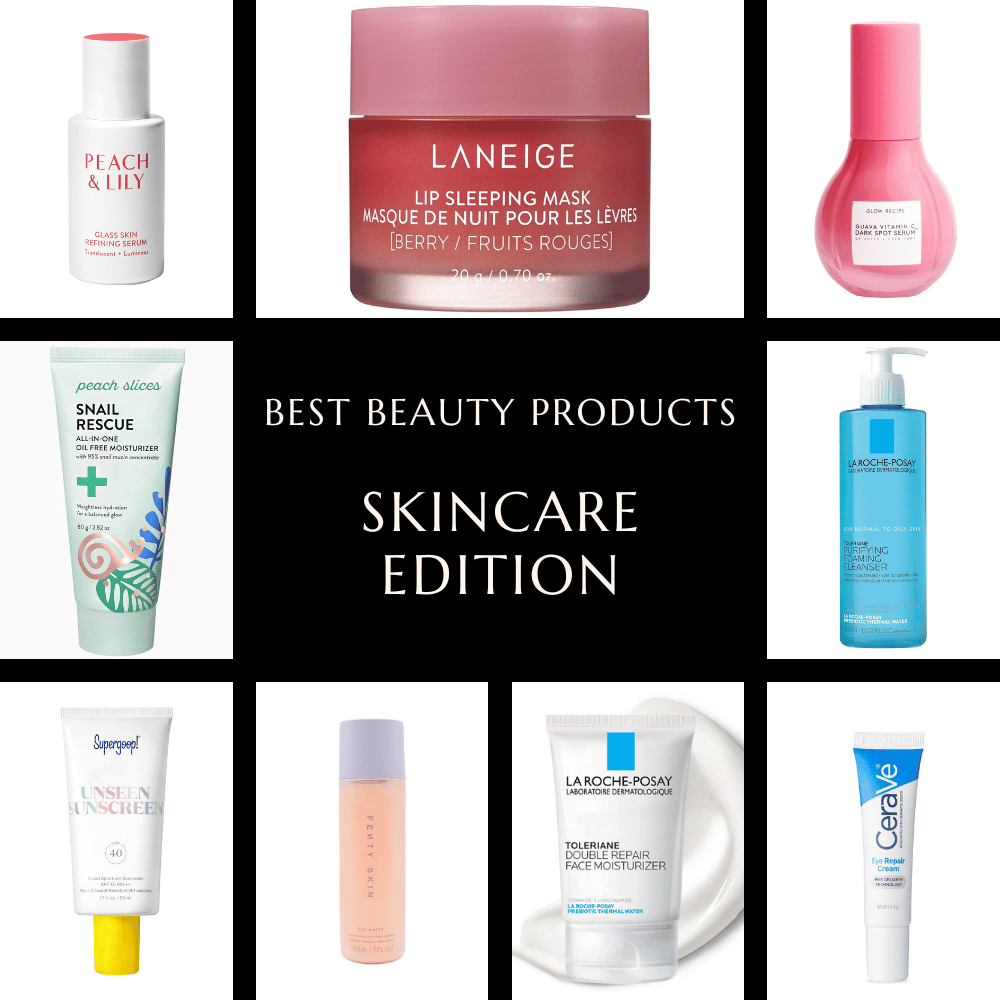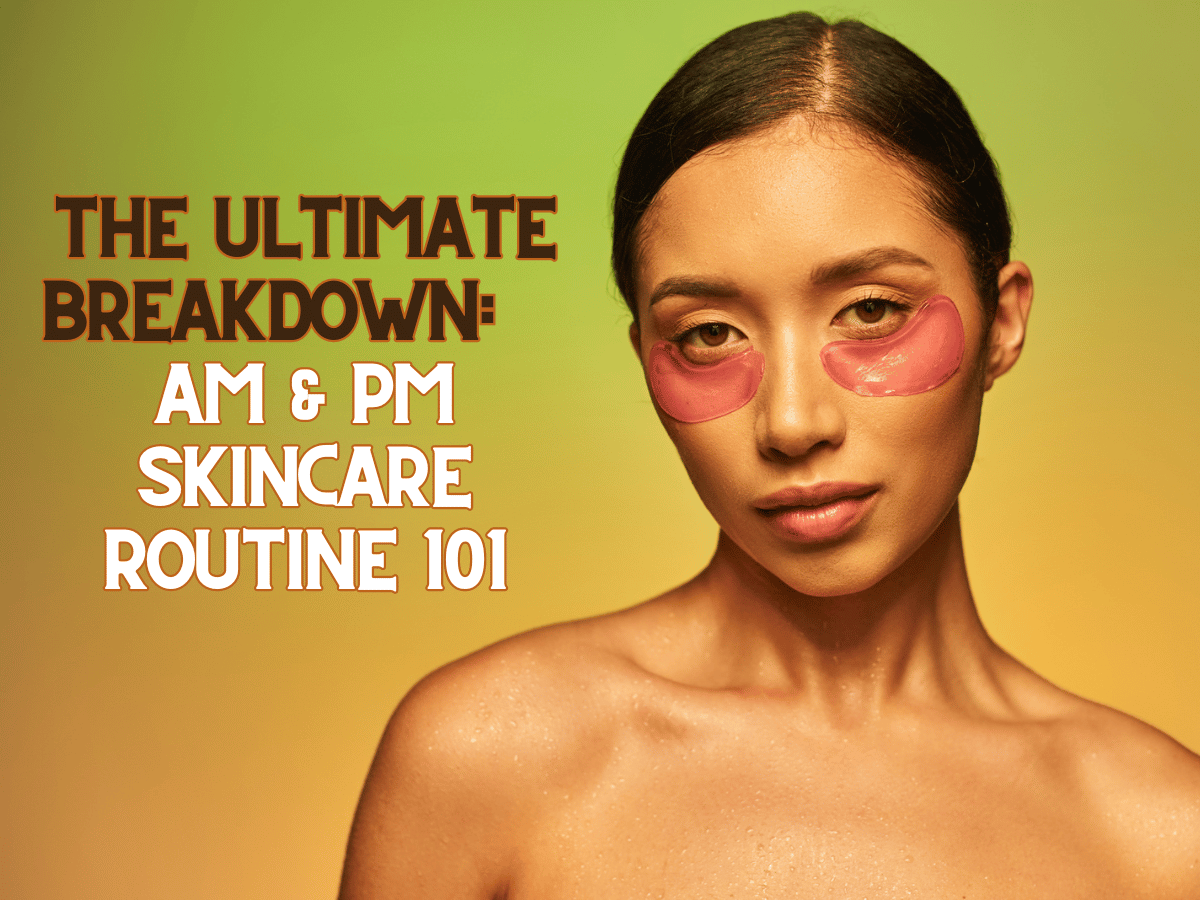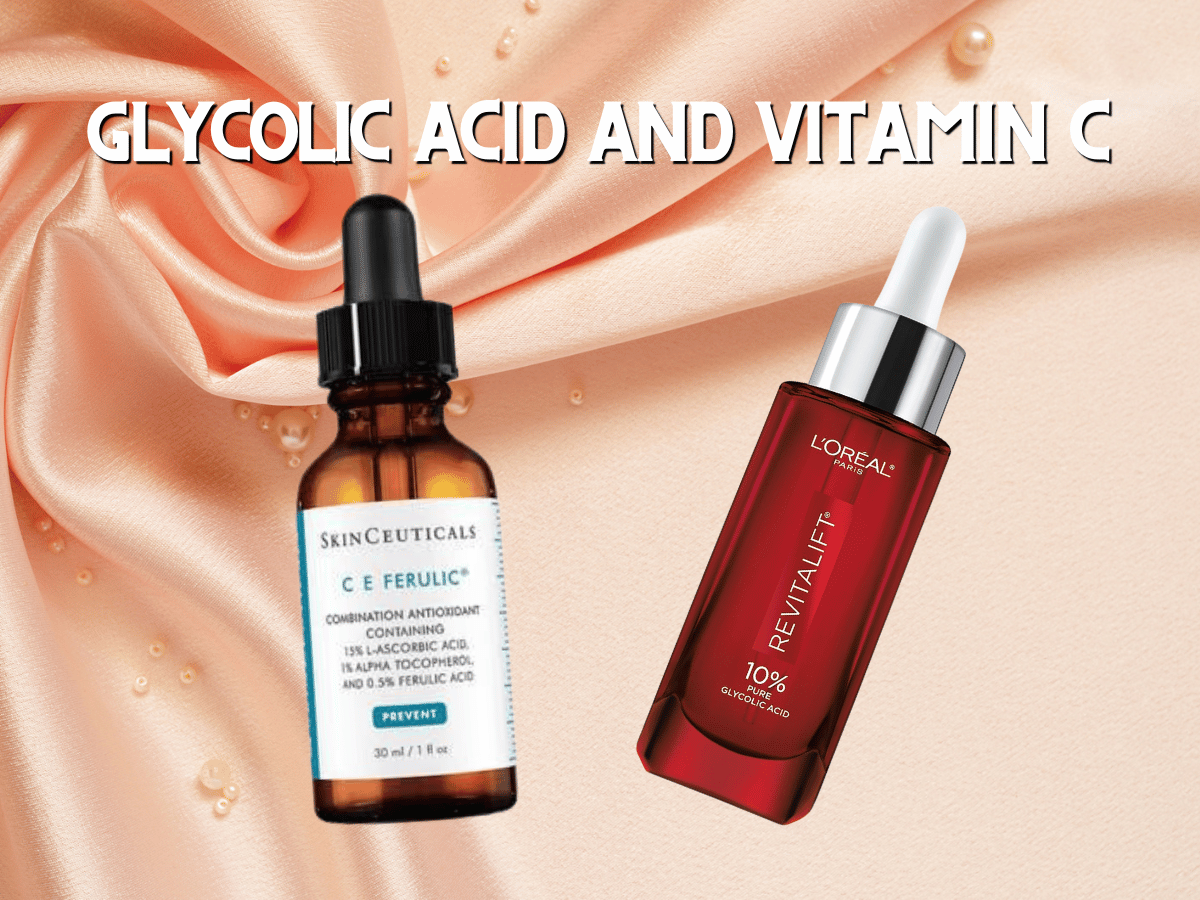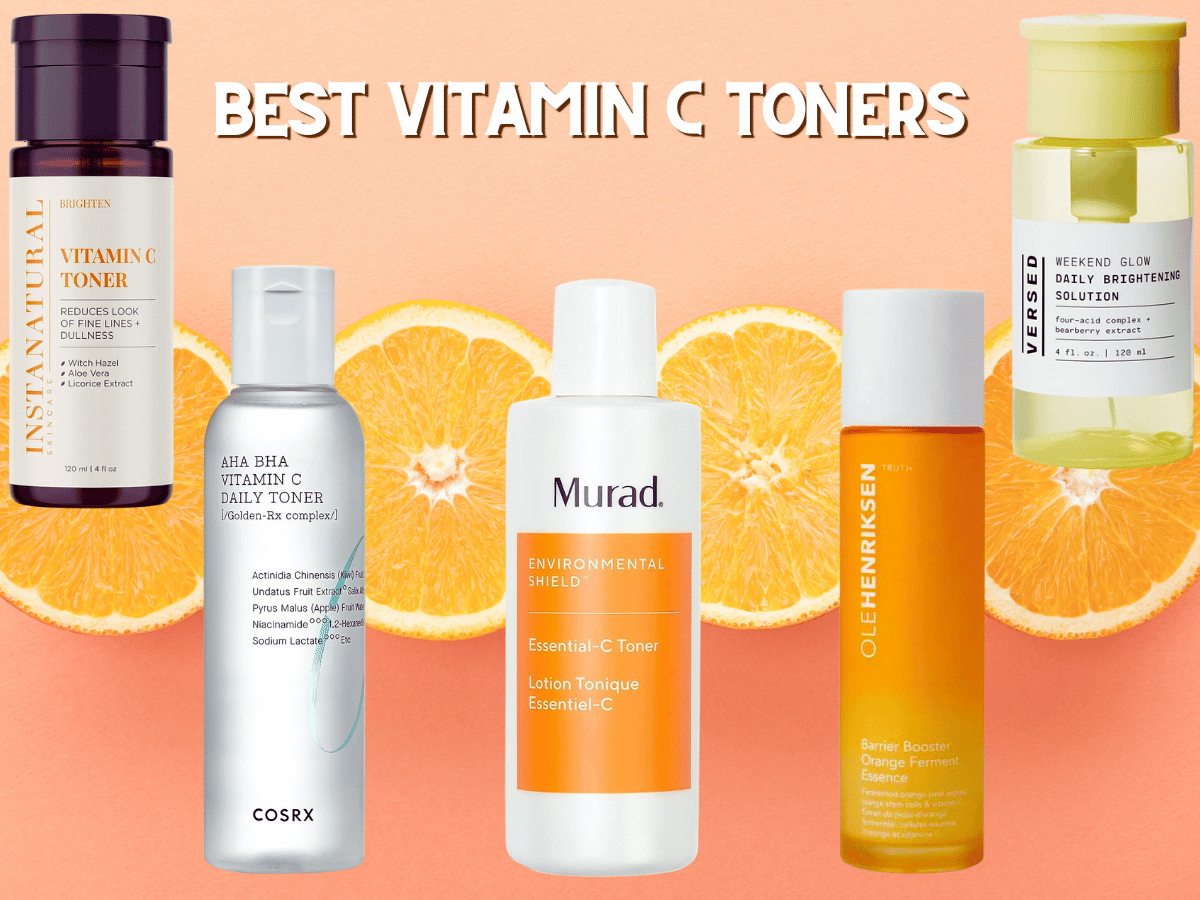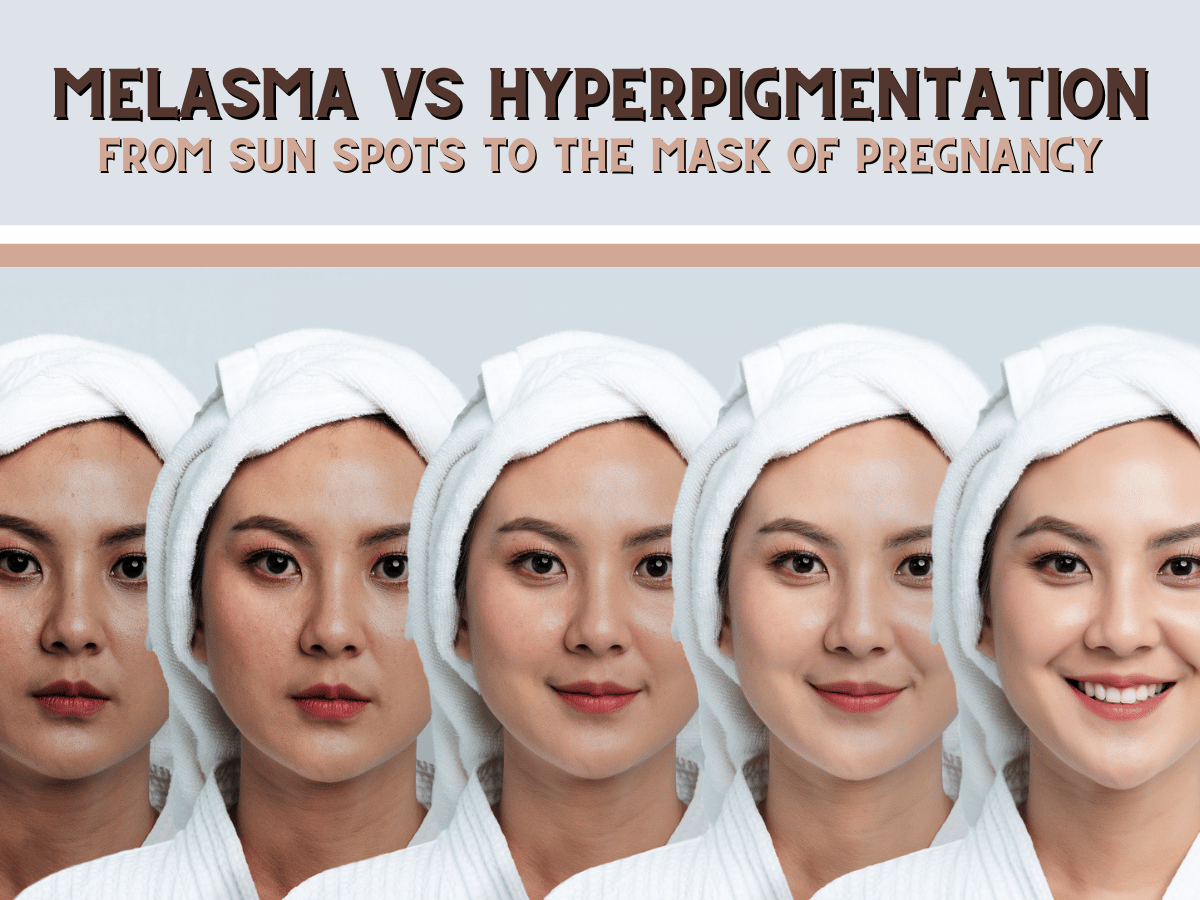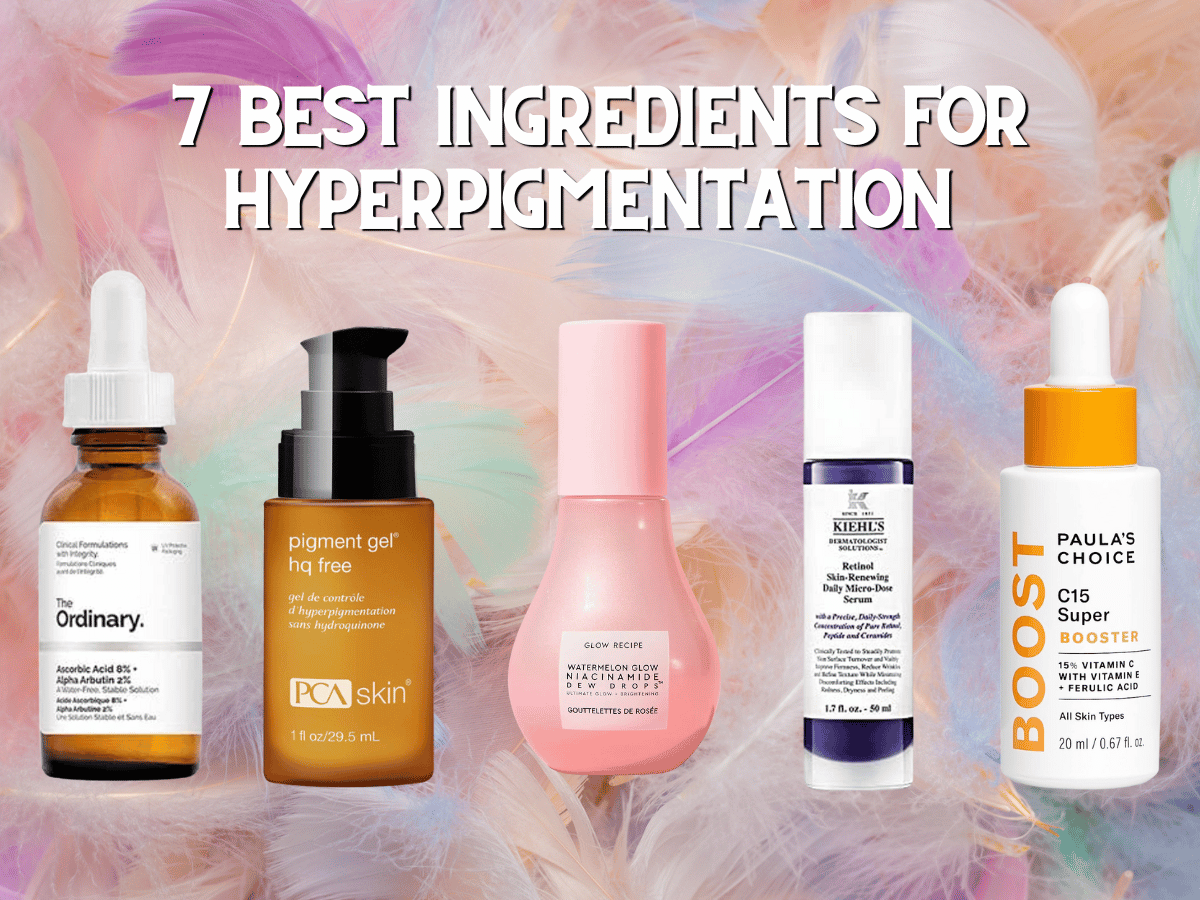Is Hyaluronic Acid Good for Acne? Is There Any Evidence?
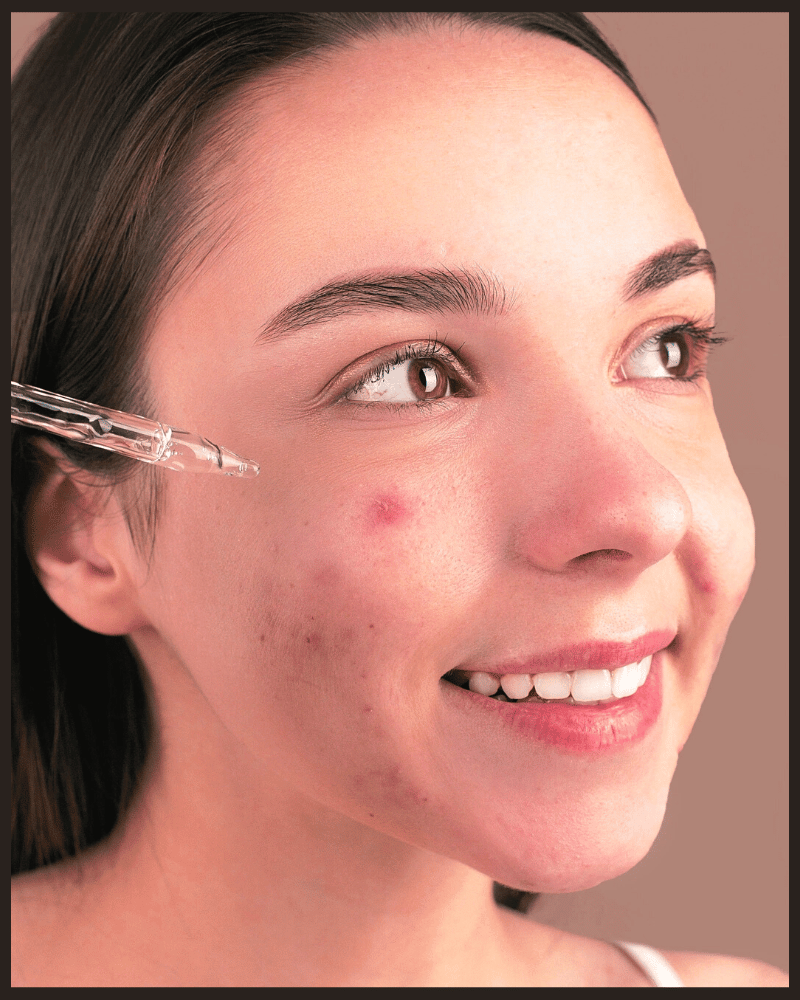
Acne is a common skin condition that affects people of all ages. Although Acne is normal and not a cause for shame, a pimple or zit is an instant confidence killer. Not to mention the potential for acne scars which can affect the skin long-term
Many people turn to over-the-counter medications in an attempt to clear their skin, but these products often contain harsh chemicals that can damage the skin. In recent years, hyaluronic acid has emerged as a potential treatment for acne. So, is hyaluronic acid good for acne? Let's take a closer look at this question.
What is Hyaluronic Acid?
Hyaluronic acid, otherwise known as sodium hyaluronate, comes from a molecule that is naturally occurring in the human body, and found in the eyes, joints, and skin. This molecule is responsible for many important functions in the body, including lubricating the joints to prevent pain and injury, water retention to hydrate skin and dry eyes, and skin malleability which helps to prevent the formation of fine lines and wrinkles.
Hyaluronic acid is a natural humectant, meaning it binds moisture from the atmosphere onto the skin creating a protective barrier against environmental and free radical damage.
Now that we know what Hyaluronic acid is and what it does, let's learn more about acne and why Hyaluronic acid might be a good preventative solution.
What are the leading causes of acne?
Acne can appear on the skin for a number of reasons, including clogged hair follicles, inflammation, and bacteria. Acne usually appears on the face, forehead, chest, upper back, and shoulders. It can take the form of whiteheads, blackheads, small red bumps, pimples, or cystic lesions, which are large, painful lumps beneath the skin.
The main causes for acne include, but are not limited to:
- Sebum: Sebum is a naturally occurring oil that helps to keep the face from drying out. When the body overproduces Sebum, which can happen in both oily and dry skin types, it clogs our pores and causes acne. Cleansing the face daily is a good way to prevent the overproduction of Sebum.
- Clogged Hair follicles: Clogged follicles occur when there is a buildup of dirt, sebum, and dead skin cells on the surface of the skin.
- Bacteria: When our pores are clogged with dirt, sebum, and dead skin cells, it causes bacteria to breed and grow within the hair follicle. This spreads and spreads until it expands and ruptures, causing a pus-filled pimple to appear on the skin.
- Inflammation: Inflammatory acne is caused by excess inflammation in blocked pores. When the body tries to fight bacteria in our pores, it can cause inflammation which could lead to painful acne, such as cysts, if left unchecked.
The Advantages and Disadvantages of Hyaluronic Acid for Acne Prone Skin
With every skincare ingredient, there are advantages and disadvantages. Hyaluronic acid is a rare ingredient that has very few disadvantages. It mixes well with most other ingredients, it naturally occurs in the body and it's safe for sensitive skin. However, these advantages and disadvantages can change when it comes to every individual's skincare needs. Read on to find out the advantages and disadvantages of using Hyaluronic acid as a preventative acne solution.
Advantages
There are a number of great advantages to treating acne with Hyaluronic acid. Hyaluronic acid is an ingredient that is soothing to the skin, which will make it helpful for painful pimples and cysts. It can also reduce redness and the appearance of acne.
Another great advantage is an improvement in overall skin texture, fading dark spots, and acne scars for an even and smooth complexion. Hyaluronic acid can also speed wound healing from any acne that appears, and it mixes with other skincare ingredients!
Disadvantages
The main disadvantage to using hyaluronic acid as an acne treatment is that it may not target acne as aggressively as other prescribed treatments, such as retinoids, salicylic acid, or sulfur. Hyaluronic acid helps alleviate symptoms of acne but there is not (yet) conclusive evidence of using it as a preventative measure.
Luckily, Hyaluronic acid pairs well with most other skincare ingredients, and there are a host of other benefits for this skincare juggernaut, such as reduced skin aging. It can easily be included in your routine alongside any of the ingredients listed in the paragraph above.
How to Use Hyaluronic Acid for Acne
If you’re interested in trying out this popular skincare ingredient for yourself, there are several ways you can do so.
Hyaluronic acid for skincare often comes in the form of a serum or moisturizer. Apply these products twice daily after cleansing to reap the full benefits of Hyaluronic acid!
Alternatively, if you’re only dealing with localized areas of acne or scarring, you could try using a spot treatment containing Hyaluronic acid directly on affected areas once per day. As with any new skincare product, be sure to test a small patch before applying it to the rest of your face!
Does Hyaluronic acid cause skin purging?
Hyaluronic acid is not a chemical exfoliant, so unlike salicylic acid or glycolic acid, it will not cause your skin to purge.
How long does it take for hyaluronic acid to work on acne?
As soon as it's applied to your skin, the hyaluronic acid will begin working its magic by instantly plumping your skin and providing soothing hydration. This helps to reduce inflammation caused by breakouts or other irritants on your skin.
However, if you’re looking for long-term results when it comes to treating and preventing acne with hyaluronic acid, then you may need to wait a few months before seeing any real improvements.
Can Hyaluronic acid clog pores?
Hyaluronic acid is a non-comedogenic skincare ingredient that is suitable for all skin types, even babies! This means it will not clog your pores. However, it's important to keep in mind that not all products with hyaluronic acid are created equal.
Even though pure hyaluronic acid won't clog your pores, some products may contain potential irritants or non-comedogenic substances that may block or clog pores if you're not careful. Always read ingredient lists and consult a dermatologist before starting a new product.
Does Hyaluronic acid work for acne on oily skin?
Yes, hyaluronic acid can work for acne on oily skin. That's because this type of acid is effective in sealing in skin hydration while still being gentle enough to not clog pores or leave a heavy residue on the skin.
It’s particularly adept at reducing inflammation, which can help reduce the chances of future breakouts. Additionally, it helps retain moisture in the skin without making it feel overly greasy or heavy. This keeps the surface hydrated so that it can fight off infection better as well as heal existing breakouts faster without causing further irritation. Try Hydrolyzed hyaluronic acid, which is dermatologist recommended as the best choice for oily or combination skin.
Does Hyaluronic acid work for acne on dry skin?
Yes, hyaluronic acid can work for acne on dry skin. Hyaluronic acid is ideal for those with dry skin because it can improve your skin barrier function, which is essential to reducing excessive dryness and acne flare-ups.
Studies show that applying hyaluronic acid to your face twice daily helps reduce transepidermal water loss levels, leading to significantly improved skin moisturization and texture. Use it in combination with an antioxidant like Vitamin C to reap the most benefits without over-drying the delicate skin tissues.
Final Thoughts...
For those struggling with acne-prone skin, adding hyaluronic acid into your daily skincare routine might be worth considering!
There are so many ways to integrate hyaluronic acid into your skincare routine including, but not limited to hyaluronic acid serum, hyaluronic acid injections, hyaluronic acid eye drops, hyaluronic acid supplements, and even specific products that are well-reviewed such as SkinCeuticals hyaluronic acid intensifier.
For the best results, consider adding a topical hyaluronic acid product to your routine. We recommend trying out high-quality hyaluronic acid serums to start reducing your acne today! Whether used alone or as part of an overall anti-acne regimen, hyaluronic acid could be just the boost your acne-prone skin needs to boost skin moisture and transform it to clear smooth hydrated skin.
How We Curated This Article
There are many options on the market with many different ingredients. It can be overwhelming trying to figure out what product is best for you.
We've taken the guesswork out of it for you and brought all the facts together.
Want to see more on this topic? Click the links to learn more about Hyaluronic acid for skincare:
What Is Hyaluronic Acid & How Does It Benefit Your Skin?https://www.eliteselects.com/what-is-hyaluronic-acid/
11 of the Best Hyaluronic Acid Face Cream Picks for Healthy, Supple Skin: https://www.eliteselects.com/hyaluronic-acid-face-cream/
9 Best Hyaluronic Acid Body Lotion Picks For Soft, Silky Skin: https://www.eliteselects.com/hyaluronic-acid-body-lotion/
11 Best Hyaluronic Acid Toner Picks to Transform Your Skin Instantly: https://www.eliteselects.com/hyaluronic-acid-toner/
Hyaluronic Acid and Salicylic Acid: Put These Essential Active Ingredients at the Top of Your List!: https://www.eliteselects.com/hyaluronic-acid-and-salicylic-acid/
You can also take a look at our sources to learn even more about Hyaluronic acid for acne! Check out these links:
Like these stories? You will (probably) love our monthly newsletter.

